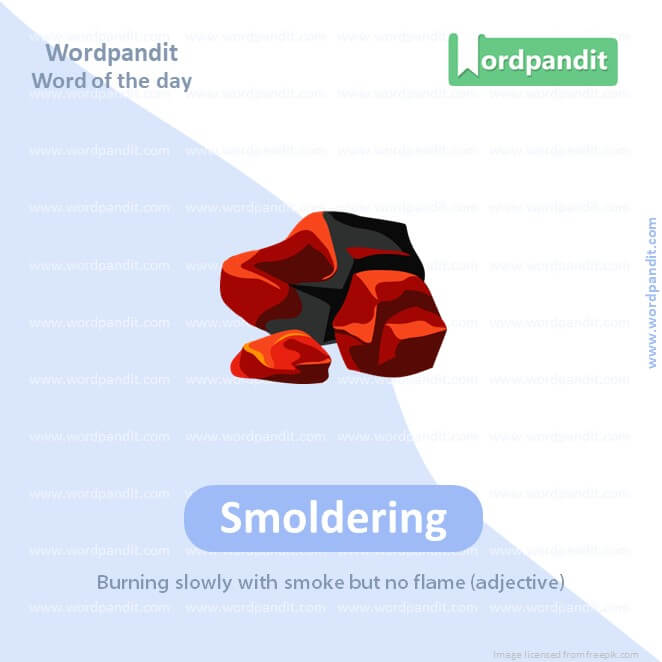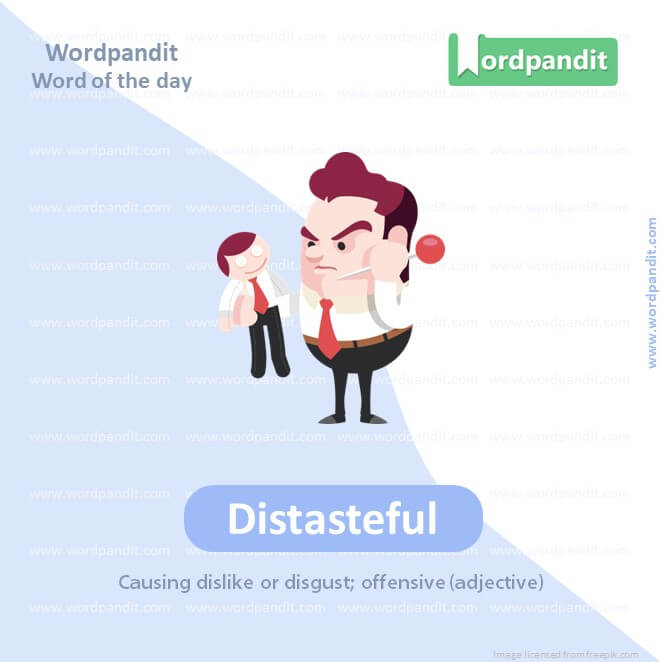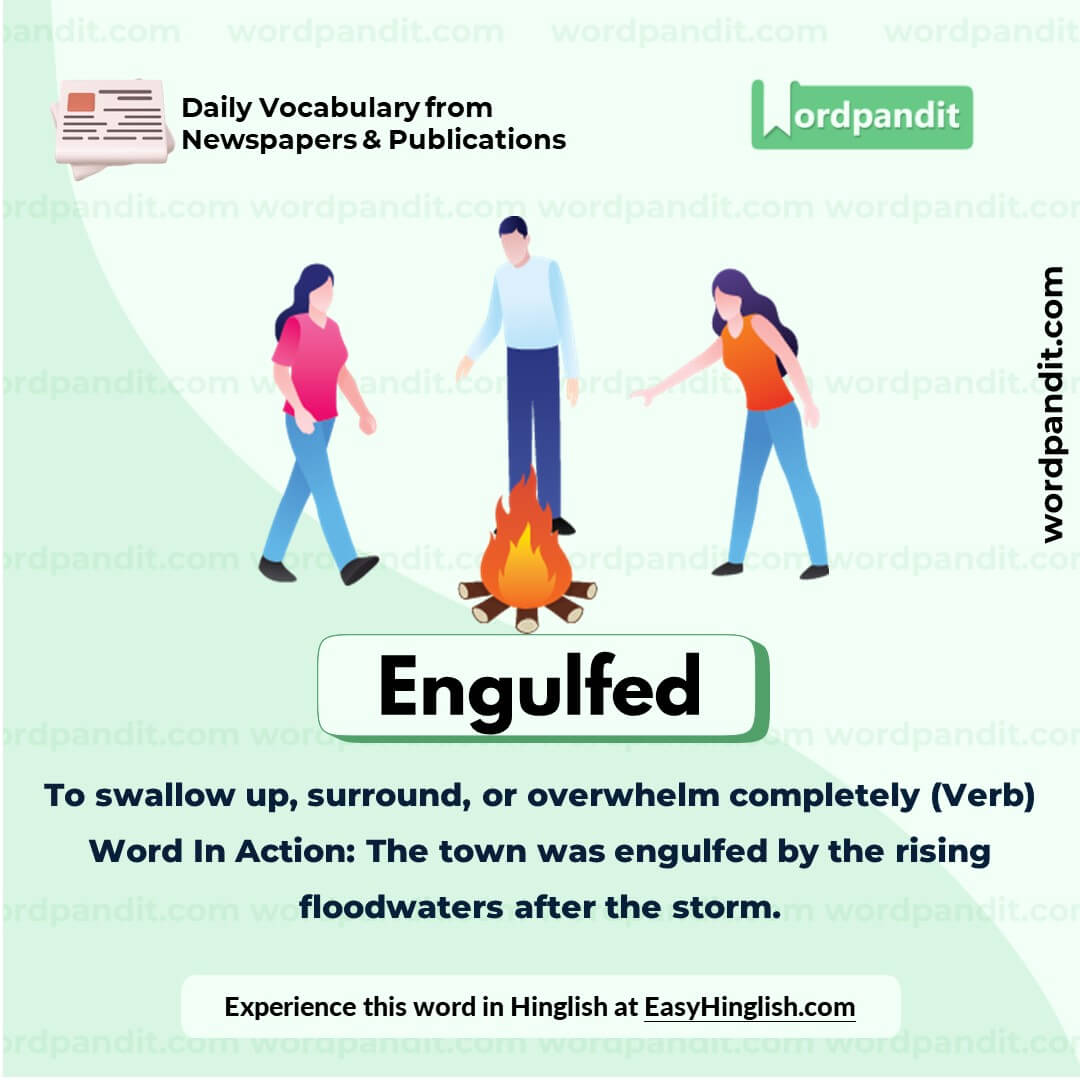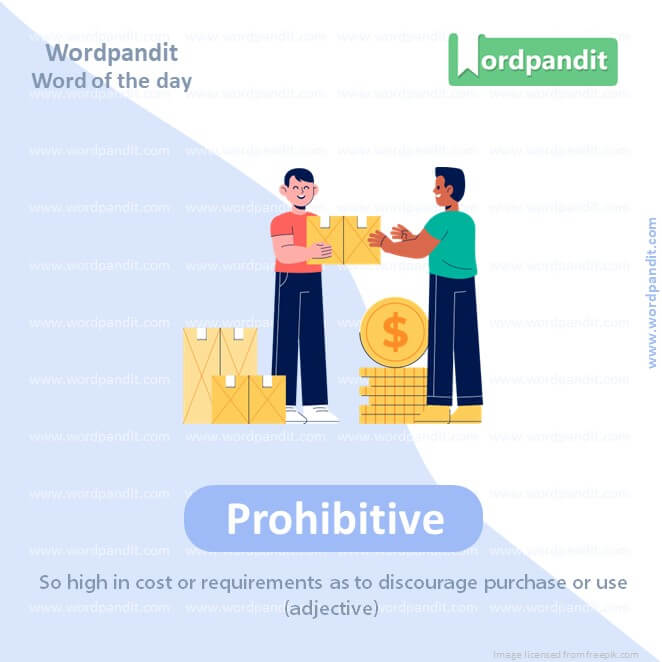Daily Vocabulary from International Newspapers and Publications
Expand Your Vocabulary with Wordpandit’s Global Vocabulary Hub
At Wordpandit, we are committed to helping you develop a truly global vocabulary by drawing from some of the most respected international publications. This section is designed to keep you ahead of the curve by introducing you to words that define global conversations and trends.
The Power of Global Sources
To help you think and communicate on a global scale, we curate vocabulary from renowned international sources, such as:
- The New York Times
- The Washington Post
- BBC
- The Guardian
- The Economist
- Scientific American
- Psychology Today
- And many more...
Stay Global, Stay Competitive
Our daily updates from international publications ensure you are consistently exposed to new words that reflect global news and developments, making sure your vocabulary is not only current but also globally relevant.
Enhance Your Global Perspective
Whether you’re preparing for international exams, aiming to excel in global business communication, or want to enhance your language skills for personal growth, Wordpandit offers the resources you need to thrive in a global context.
Effective Learning, Global Reach
Our learning methodology combines global examples, memory aids, and interactive activities, allowing you to internalize new words effectively and apply them in real-world scenarios.
Begin Your Global Vocabulary Journey Now!
Why Choose Wordpandit?
Practical Learning: Focus on words you'll actually encounter in real-world reading, enhancing your comprehension and communication skills.
Diverse Content: From current affairs to scientific breakthroughs, our varied sources expose you to vocabulary across multiple domains.
Effortless Integration: Make Wordpandit a part of your daily routine. Just a few minutes each day can significantly boost your lexicon over time.
Your Path to Vocabulary Mastery
- Visit our Daily Vocabulary section regularly
- Explore new words and their usage in context
- Practice incorporating these words into your own writing and speech
- Track your progress as your vocabulary expands
Start Your Journey Today
Embark on your vocabulary enhancement journey with Wordpandit. By consistently engaging with our daily posts, you'll build a robust vocabulary that serves you well in academic, professional, and personal contexts.
Remember, a word a day keeps linguistic limitations at bay. Make Wordpandit your daily companion in the quest for vocabulary excellence!
WORD-1: Smoldering
Context:
"The Airbus got out safely before the entire plane was engulfed in flames and reduced to a smoldering wreck." - New York Times
Explanatory Paragraph:
The word "smoldering" describes something that is burning slowly with smoke but no flame, often after a fire has passed its peak. It can also be used figuratively to describe intense emotions, like anger or passion, that are not fully expressed but are still present beneath the surface. In the context above, it vividly portrays the aftermath of destruction, where only smoke and remnants of fire remain.
Meaning: Burning slowly with smoke but no flame; showing barely suppressed emotion (Adjective/Verb)
Pronunciation: SMOHL-der-ing
Difficulty Level: ⭐⭐ Beginner to Intermediate
Etymology: From Middle English "smolderen", likely of Germanic origin; related to Dutch "smoren" meaning "to smother".
Prashant Sir's Notes:
"Smoldering" is a versatile word. Literally, it refers to slow, smoky burning, but figuratively, it carries emotional weight—think of 'smoldering anger' or 'smoldering passion'. Context will help you figure out whether it's describing fire or feelings.
Synonyms & Antonyms:
Synonyms: simmering, burning, glowing, seething, brooding
Antonyms: blazing, extinguished, calm, unfeeling
Usage Examples:
- The forest continued smoldering for days after the wildfire was put out.
- She gave him a smoldering look that said more than words ever could.
- Anger smoldered in his eyes, though he remained silent.
- The ruins of the cabin lay smoldering under the grey morning sky.
Cultural Reference:
"He gave her a smoldering stare." – A common phrase in romance novels and films, often used to describe a look filled with intense emotion or passion.
Think About It:
Can you think of a time when your emotions were smoldering beneath the surface, not expressed but powerfully present?
Quick Activity:
Write two sentences: one using "smoldering" in the literal sense and one using it in a figurative/emotional sense.
Memory Tip:
Think of "smoke" + "older" = Smolder: something that's not on fire anymore but still smokes — just like old feelings or old fires!
Real-World Application:
Understanding "smoldering" is useful in describing both physical scenarios like fires, as well as nuanced emotional states in literature, journalism, and everyday conversation.
WORD-2: Distasteful
Context:
"More generally, does he find it admirable or distasteful that she has long been seen as lobbying for the job and has even begun publicly issuing advice on the matter." - New York Times
Explanatory Paragraph:
"Distasteful" is used to describe something that causes a sense of dislike or moral discomfort. It can refer to actions, behaviors, or ideas that are unpleasant, offensive, or socially inappropriate. In the context above, the word suggests a judgment about whether the woman’s actions—actively pursuing a role and giving unsolicited advice—are socially frowned upon or considered inappropriate.
Meaning: Causing dislike or moral disapproval; unpleasant or offensive (Adjective)
Pronunciation: dis-TAYST-fuhl
Difficulty Level: ⭐⭐ Beginner to Intermediate
Etymology: From the prefix “dis-” meaning “not” + “tasteful,” related to the idea of lacking good taste or moral approval; first used in the early 17th century.
Prashant Sir's Notes:
“Distasteful” doesn’t refer to food or flavor, though it might sound like it. It’s more about actions, words, or behavior that people might find inappropriate or unpleasant—something that leaves a bad "taste" socially or ethically.
Synonyms & Antonyms:
Synonyms: offensive, unpleasant, inappropriate, disagreeable, unpalatable
Antonyms: admirable, pleasant, tasteful, acceptable, agreeable
Usage Examples:
- His jokes were considered distasteful by many in the audience.
- She found the aggressive sales tactics distasteful and intrusive.
- Making fun of someone's appearance is always distasteful.
- The comment struck many as distasteful, especially given the serious context.
Cultural Reference:
Public backlash often follows celebrities or influencers making distasteful remarks on sensitive topics—illustrating how societal values shape what is deemed inappropriate.
Think About It:
What actions or behaviors do you consider distasteful in professional or social settings, and why?
Quick Activity:
Think of a public figure you admire. Write a sentence about a time when they acted admirably and another when their actions could be seen as distasteful.
Memory Tip:
“Distasteful” = “Dis” + “tasteful” → If something is not tasteful or pleasing, it's likely to leave a bad taste—emotionally or morally!
Real-World Application:
The word "distasteful" is often used in professional evaluations, reviews, and social commentary to describe behaviors or content that breach social etiquette or values.
WORD-3: Engulfed
Context:
"The Airbus got out safely before the entire plane was engulfed in flames and reduced to a smoldering wreck." - New York Times
Explanatory Paragraph:
The word "engulfed" is used to describe something being completely covered, surrounded, or swallowed up—often suddenly and overwhelmingly. It can be used literally, like fire engulfing a building, or figuratively, such as someone being engulfed by emotions like grief or anger. In this context, the plane was entirely surrounded and overtaken by flames, showing the total destruction and danger of the situation.
Meaning: To completely cover or surround something; to overwhelm or consume (Verb)
Pronunciation: en-GULFT
Difficulty Level: ⭐⭐ Beginner to Intermediate
Etymology: From Old French “engolfier,” based on Latin “gulfus” meaning “whirlpool” or “gulf”; suggesting something being swallowed or submerged.
Prashant Sir's Notes:
Think of “engulfed” as being completely surrounded, with no escape. It’s often dramatic—fire, water, emotions, or even news can “engulf” someone or something. The word brings intensity to the description.
Synonyms & Antonyms:
Synonyms: consume, overwhelm, swallow, submerge, bury
Antonyms: expose, uncover, free, release
Usage Examples:
- The house was quickly engulfed in flames before firefighters could arrive.
- She was engulfed by a wave of sadness after hearing the news.
- The city was engulfed in thick fog, making it hard to see a few feet ahead.
- Social media was engulfed in controversy after the celebrity's statement.
Cultural Reference:
In many disaster movies like *The Day After Tomorrow* or *2012*, entire cities are engulfed by natural forces—fire, water, snow—symbolizing nature's overwhelming power.
Think About It:
Have you ever been emotionally engulfed by a situation? How did you deal with it, and what helped you come out of it?
Quick Activity:
Write two sentences using "engulfed": one describing a natural event, and another describing an emotional state.
Memory Tip:
“Engulf” sounds like “in a gulf” — imagine something sinking completely into a giant gulf or ocean. That’s how you remember its meaning!
Real-World Application:
"Engulfed" is useful in both journalism and storytelling to intensify the description of disasters, emotions, or overwhelming events. It adds a sense of total impact or immersion.
WORD-4: Prohibitive
Context:
"It’s best to mentally prepare oneself for the likelihood that the guy who has long been the prohibitive front-runner will, in fact, win the nomination." - New York Times
Explanatory Paragraph:
The word "prohibitive" generally means something so extreme—especially in cost or difficulty—that it prevents action. However, in this political context, it has a slightly different use. Here, "prohibitive front-runner" refers to someone so far ahead in a race (like an election) that it almost prohibits or blocks any other competitor from realistically winning. It's often used in sports, elections, or competitive situations to describe a dominant favorite.
Meaning: So great or overwhelming as to prevent something; excessively high or dominant (Adjective)
Pronunciation: pro-HIB-i-tiv
Difficulty Level: ⭐⭐⭐ Intermediate
Etymology: From Latin “prohibitivus,” derived from “prohibere” meaning “to prevent or forbid.” The term evolved to mean something that prevents by being too costly or dominant.
Prashant Sir's Notes:
This word has two shades of meaning—literal and metaphorical. Literally, something “prohibitive” may be too expensive or restrictive. Metaphorically, in elections or competitions, a “prohibitive favorite” is so strong that others are practically ruled out. Spot the context!
Synonyms & Antonyms:
Synonyms: excessive, dominant, restrictive, overwhelming, preclusive
Antonyms: affordable, accessible, moderate, encouraging
Usage Examples:
- The cost of private education is often prohibitive for middle-income families.
- She entered the tournament as the prohibitive favorite to win.
- High import taxes made the luxury car prices prohibitive in the country.
- The athlete’s record-breaking performance made him the prohibitive front-runner for the gold medal.
Cultural Reference:
In U.S. presidential elections, media often label candidates like Barack Obama (in 2008) or Donald Trump (in 2020) as "prohibitive favorites" when their popularity or momentum makes them nearly unbeatable.
Think About It:
Can something being “prohibitive” ever be a good thing? For example, can high costs or dominance discourage harmful behavior or weak competition?
Quick Activity:
Write two sentences: one using “prohibitive” in terms of cost, and one using it in a competitive/political context.
Memory Tip:
Think: “Prohibit” = to stop. So, “Prohibitive” means something so big (like a price or lead) that it stops you from going further!
Real-World Application:
"Prohibitive" is commonly seen in news, economics, politics, and sports reporting. Whether you're reading about election favorites or rising prices, this word helps convey a strong barrier or dominance.


















